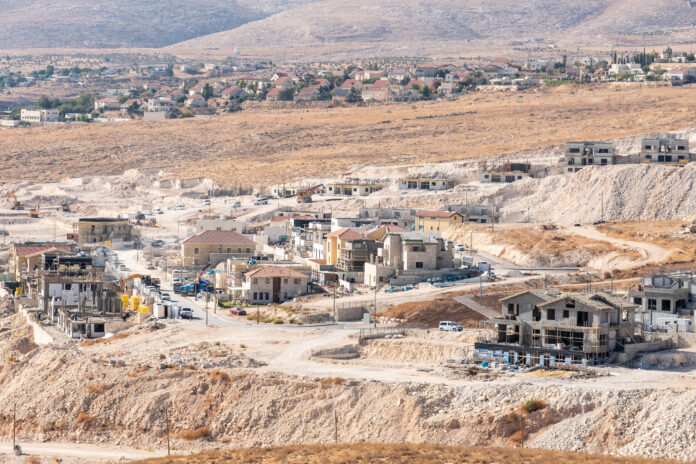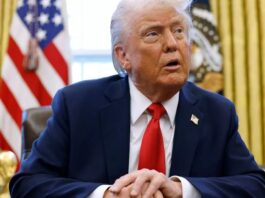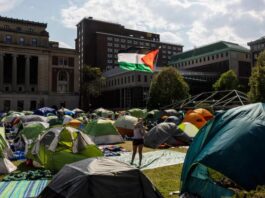In a landmark move, the Biden administration has sanctioned Amana, Israel’s largest settlement development organization, signaling a significant shift in U.S. policy towards Israeli activities in the West Bank. This decision, enacted by the U.S. Treasury Department, targets both Amana and its subsidiary, Binyanei Bar Amana, describing them as central figures in the extremist settlement movement in the region.
The sanctions are based on accusations of these groups fostering increased settler violence and involving in the unlawful acquisition and development of Palestinian lands. The U.S. State Department highlighted that Amana has been instrumental in creating numerous illegal outposts and has actively participated in the dispossession of Palestinian-owned lands to expand settlements.
This measure prevents Amana from engaging in any business with American entities and blocks access to any assets held in the U.S. This action represents one of the most consequential applications of an executive order issued by President Joe Biden in February, aimed at addressing international human rights abuses.
Observers like Eitay Mack, a human rights lawyer who has advocated for these sanctions, described the move as a seismic event for the Israeli settlement enterprise. His views were echoed in sentiments expressed by nearly 90 U.S. congressional Democrats who have pushed for further sanctions against influential far-right Israeli political figures, advocating for a broader scope of accountability for those endorsing or facilitating settlement expansions.
This policy could face challenges with the upcoming change in the U.S. presidency, as President-elect Donald Trump, known for his pro-settler stance, is expected to assume office. This potential shift could lead to a reversal of the Biden administration’s newly imposed sanctions, adding a layer of uncertainty to the future of U.S.-Israel relations regarding the West Bank.
As the situation unfolds, the implications of these sanctions could redefine international responses to settlement activities in the West Bank, setting a precedent for future diplomatic engagements and policy decisions in the region.












